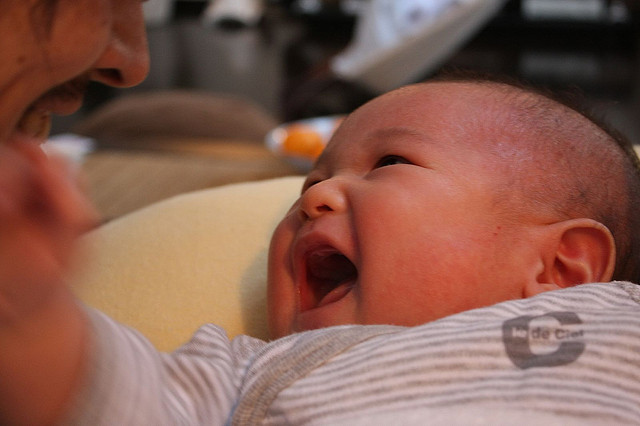

In a recent Psychology Today interview with François Grosjean, Dr. Janet Werker discusses her research on the ways in which bilingual infants are able to separate and discriminate between different languages.
She says, “bilingual infants are able to use the existence of different kinds of phonemes to help situate the speech they are hearing within one or another of their native languages…it seems as if bilingual Japanese-English infants can listen for Japanese grammar and words when they hear, for example, both long and short vowels in speech, but listen for English grammar and English words when they hear clear “r” and “l” sounds in the speech of someone talking to them.”
Photo credit: Toshimasa Ishibasi | Flickr
Recent News
Achievement
Congratulations to our Fall 2025 MA and PhD Graduates
November 24, 2025


Achievement, Students
UBC Psychology student awarded APA SUPER Fellowship for equity-focused research
November 12, 2025


Achievement, Announcement
Dr. Jessica Flake receives the Anne Anastasi Distinguished Early Career Contributions Award
November 6, 2025

